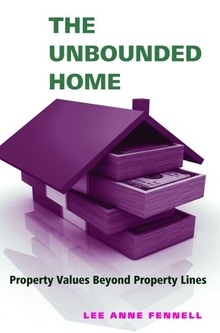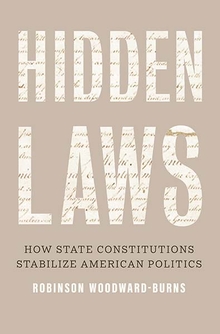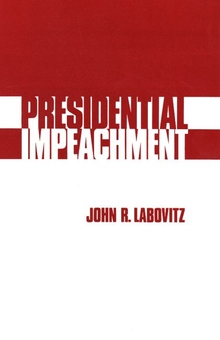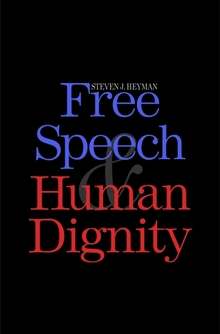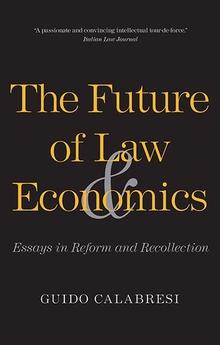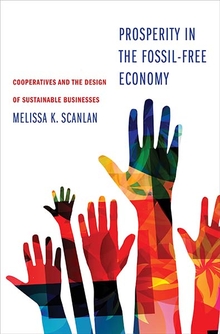The Unbounded Home
WARNING
You are viewing an older version of the Yalebooks website. Please visit out new website with more updated information and a better user experience: https://www.yalebooks.com
Property Values Beyond Property Lines
Lee Anne Fennell
The Unbounded Home grapples with a core modern reality -- that the value and meaning of a home extend beyond its property lines to schools, shops, parks, services, neighbors, neighborhood aesthetics, and market conditions. The resulting tension between the homeowner’s desire for personal autonomy at home and the impulse to control everything that could affect the home’s value fuels continual conflict among neighbors and communities.
The home’s unbounded nature implicates nearly every facet of residential life, from the financial vulnerability of homeowners to the persistence of segregation by race and class. This book shows how innovations that increase the flexibility of property law can address critical issues of neighborhood control and community composition that have been simmering unresolved for decades -- and how homeownership itself can be reinvented to better deliver on its promises.
"Lee Anne Fennell is one of the most sophisticated property theorists writing today. She has produced a serious book, full of ideas that will change how we think about property, local government, and, most importantly, the home. Fennell shows brilliantly how one can reconfigure our current property arrangements so that they better align with the interests and incentives of homeowners living in a highly urbanized metropolitan area. The Unbounded Home is an extremely important and timely book. It brings our understandings of what property is and what it does up-to-date."—Richard C. Schragger, University of Virginia School of Law
“An enlightening exploration of how we can adapt the tools of property to the modern metropolitan America scene, where homes may be castles, but neighborhoods are kingdoms. The Unbounded Home takes a compelling step beyond the standard debates about land use policies, suburban sprawl, and regional government.”—Nicole Stelle Garnett, University of Notre Dame Law School
“Fennell argues persuasively for a more fluid conception of residential property ownership. . . . anyone with an interest in law and economics will profit from the book’s entertaining and informative examples.”--Harvard Law Review
Publication Date: September 1, 2009
11 b/w illus.

